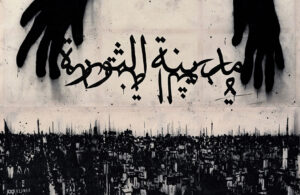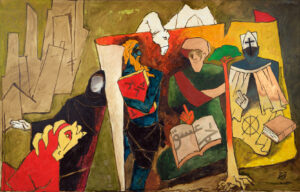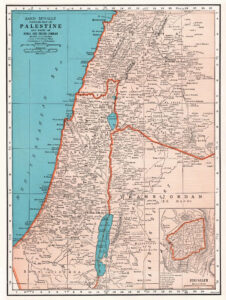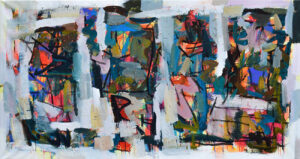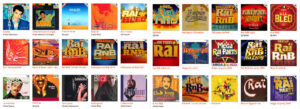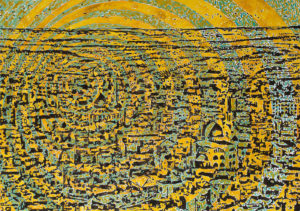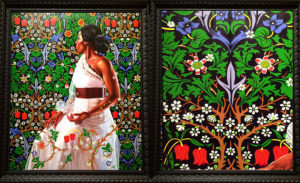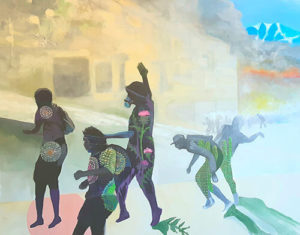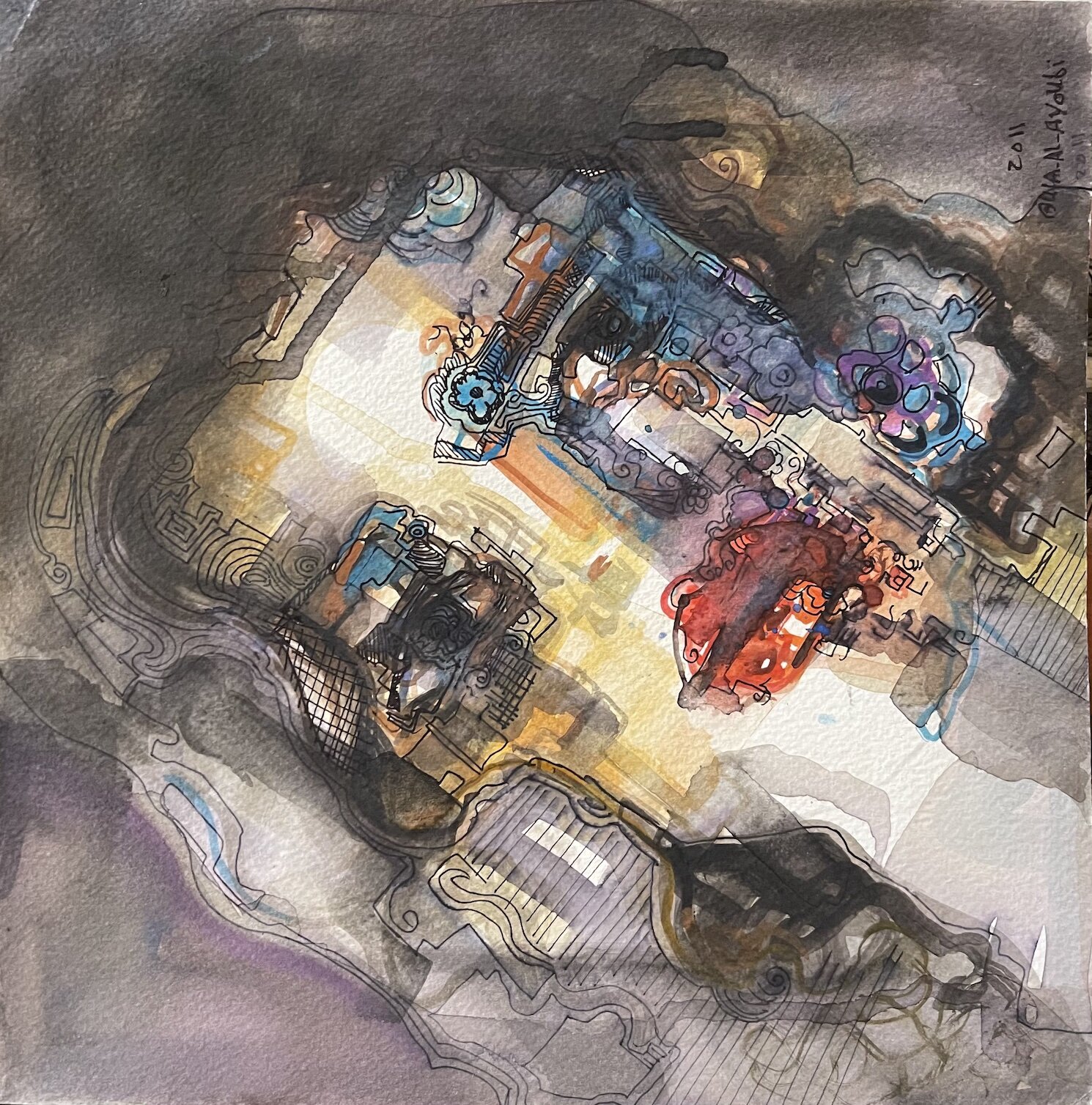
Sambac Beneath Unlikely Skies by Heba Hayek
Hajar Press (July 2021)
ISBN 9781914221026
Shereen Malherbe
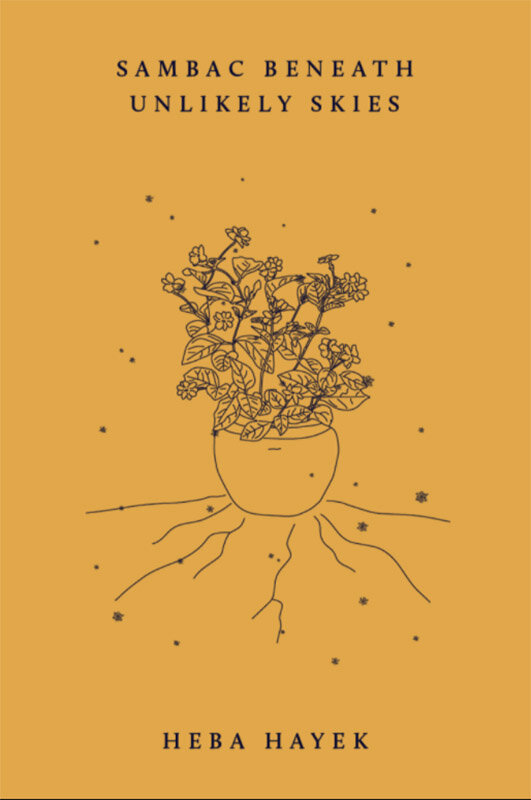
Not many presses in the US or UK can say that they are dedicated to publishing “ambitious, politically engaged books by writers of color,” but such is the claim made by the new house Hajar Press, and among their authors is the young Heba Hayek, with Sambac Beneath Unlikely Skies. A slim volume composed as a series of vignettes about a girlhood in Gaza, Palestine, Heba Hayek writes, she notes, from “her desk in a flat in Southeast London” and through her memories you experience a shocking yet tender reminiscence of growing up in the Gaza Strip.
“We mourn when we remember,” advises the novel’s epigraph. “Most of our sorrows seem normal and unexaggerated in the moment, even though they might change us forever.” In the author’s note, Hayek goes on to share how in 2018 she went on a trip to six different cities upon leaving Gaza, just to meet with other Gazan women and hear of their experiences.
The book is then indexed with a series of stories that follow a trajectory of telling and retelling through memories often linked to a taste, weather, family or other triggers that take you back and forth to Gaza from London, America and Germany. Each series has an associated “Playlist” which adds an element of youthfulness to the book. It also adds another level of memory and feelings associated with each chapter, which I imagine not only lends itself to a more immersive experience but allows a younger audience to connect with Hayek through the medium of music as well as writing. As noted in the magazine Wasafiri, the playlist is “an artistic choice that echoes the care with which Hayek writes about her memories…”
The story series is broken up with a “Chronology of a Girlhood in Gaza,” a personal list intended to summarize the key moments of girlhood and although written as matter of fact, it is like the rest of the series, composed like a girlhood diary — in her own undisputed words. This confessional writing style continues throughout the book. It is reflected in the girlhood vignettes and so is the subject matter, from sex education class to her first waxing session, period and boys. These elements are a no-holds-barred telling of her experiences and the language for these elements is unfiltered.
Yet, this girlhood is different because it is interspersed with life in Gaza, from checkpoints, being searched, drones in the sky, the threat of imminent attack and the harsh realities of life there. Hayek and her friends miss class, but that’s because the bombs might fall.
Read an excerpt from Sambac Beneath Unlikely Skies
I commend the author for her visceral, honest style — there is no gloss over what she’s lived through and the end result is an intimate experience. The writing switches between what feels like informal accounts of stories to something darker that may come to have a profound and long-lasting effect into the author’s adulthood. This switch of subject matter caught me off guard; innocence mixed with the shock of realities in Gaza. The simplicity of this structure allows the reader to almost experience this innocence, and then have it replaced by something altogether more adult and harrowing. This is enhanced by Hayek’s realization of adult problems as a child, for instance when she saw her mother having a nervous breakdown: “That was the day I learned what it felt like to see people you love suffer.”
Sambac also confronts current crises such as living in times of Covid and what additional strain this added to the author’s mental health, itself another topic that is strung between the stories with a revelation at the end. This made the book feel relevant and added to the difficulty experienced by her generation.
Hayek captures this balance delicately between having a laugh with friends and then needing to be alone to try and deal with her past. “In the morning, I ask the friends who have stayed over to leave, telling them I have a meeting. I lie on the floor in my living room, where the sun casts soft, orange rays. It’s minus one degree Celsius outside, but the snow doesn’t set. I am having a hard time bringing the Mediterranean to Southeast London today.”
From the author’s recognition of how well-meaning friends and family deal with the traumas of Gaza, to the realization and almost coming to terms with her childhood and displacement, I really enjoyed reading her explorations.
As with other Palestinian authors, such as Nevien Shabneh and the new Palestinian anthology, The Book of Ramallah, a clear link between home, its produce and food is made by Hayek. Scents and tastes of orange blossom water, lemon and sugar permeate the texts and links her homeland to experiences where the author travels. Tangible echoes like the ones in where her hair is massaged with oil, then massaged with oil bought in exile, in a European supermarket, further enhance the realism of everyday life in displacement with the more romantic and yearned for experiences of a lost home. The nostalgic notions of home are naturally juxtaposed against the difficulty of ever finding a permanent one:
“I have recently moved to my eighth home since leaving Gaza, not counting friends’ sofas and my old office…For too long, I have feared settling down anywhere, so that I can blame my eternal sense of being out of place on my constant movement.”
I loved the tangible links between everyday objects and how they were linked to something much deeper for the author. These nuances increase empathy and connection between the writer and her readers, with collective experiences of displacement or even the longing for missing family and friends.
What transports the reader along with the author are the echoing reminders of home and none are so symbolic as the sambac, the “haze of the fragrant sambac shrub” echoes through the book and its importance is described in the author’s note: “The sambac embodies her resilience—a word that has been overused but that nonetheless is full of meaning and truth.”
I found it refreshing to read something so candid from such a young and brave writer. Hajar Press has had the vision to support a developing author at a crucial point in her career. Indeed, Hayek credits the publisher for allowing her to have “a safe space” to share her experiences. Unflinching in its raw honesty, it allows us to connect more deeply with her experiences of girlhood.
I would recommend Sambac to adult readers who appreciate intimate portrayals of experience as this will not disappoint, but I urge a slight degree of caution with respect to younger readers due to some of the content.




